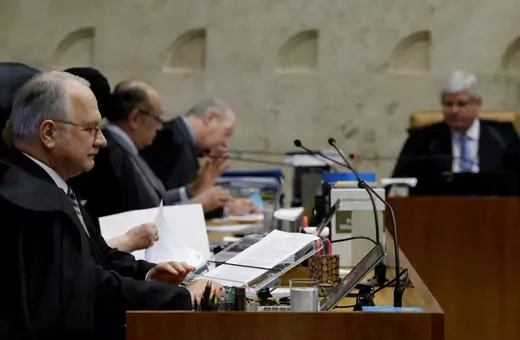- Iran
- Israel-Hamas
-
Topics
FeaturedInternational efforts, such as the Paris Agreement, aim to reduce greenhouse gas emissions. But experts say countries aren’t doing enough to limit dangerous global warming.
-
Regions
FeaturedIntroduction Throughout its decades of independence, Myanmar has struggled with military rule, civil war, poor governance, and widespread poverty. A military coup in February 2021 dashed hopes for…
Backgrounder by Lindsay Maizland January 31, 2022
-
Explainers
FeaturedDuring the 2020 presidential campaign, Joe Biden promised that his administration would make a “historic effort” to reduce long-running racial inequities in health. Tobacco use—the leading cause of p…
Interactive by Olivia Angelino, Thomas J. Bollyky, Elle Ruggiero and Isabella Turilli February 1, 2023 Global Health Program
-
Research & Analysis
FeaturedA clear-headed vision for the United States' role in the Middle East that highlights the changing nature of U.S. national interests and the challenges of grand strategizing at a time of profound change in the international order.
Book by Steven A. Cook June 3, 2024
-
Communities
Featured
Webinar with Carolyn Kissane and Irina A. Faskianos April 12, 2023
-
Events
FeaturedJohn Kerry discusses his work as U.S. special presidential envoy for climate, the challenges the United States faces, and the Biden administration’s priorities as it continues to address climate chan…
Virtual Event with John F. Kerry and Michael Froman March 1, 2024
- Related Sites
- More
June 1, 2017
DevelopmentGiven the strong evidence of the returns on women’s economic inclusion, this issue merits a higher place on the U.S. economic and foreign policy agenda. The Donald J. Trump administration should build on recent reforms to promote inclusive economies and launch an effort to address legal barriers to women’s economic participation; increase access to capital, especially among small- and medium-sized enterprises; catalyze investment in women; promote technology and innovation; and support research and data collection in this area.

April 27, 2017
GlobalBottom Line: British Prime Minister Theresa May’s decision to seek early elections comes as the economic costs of Brexit are becoming more apparent. While the removal of electoral uncertainty may be …
March 24, 2017
BrazilBrazil's path holds important lessons for how U.S. policymakers might assist other countries in their fight against corruption.

September 19, 2016
CybersecurityIn early 2016, the Federal Bureau of Investigation reportedly paid more than $1.3 million for a software flaw that allowed it to unlock an iPhone without Apple’s assistance. The purchase was possible…

November 3, 2015
ChinaSteven A. Tananbaum Senior Fellow for International Economics Robert Kahn argues that the concerns driven by China's economic problems are modest compared to the 1997 Asian financial crisis or the Great Recession. However, there are reasons for concern: large financial imbalances, weak global growth, inadequate official resources, and political pressures. While a severe global financial crisis remains a tail risk, policymakers need to be prepared to respond.
 Online Store
Online Store
